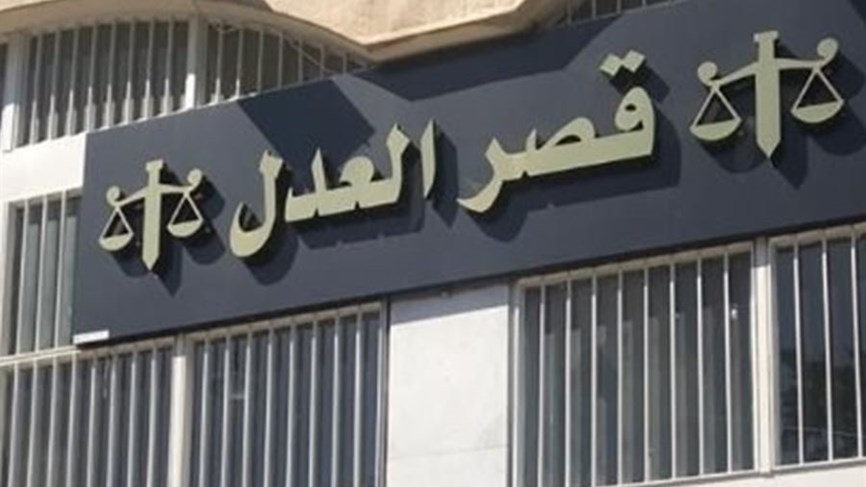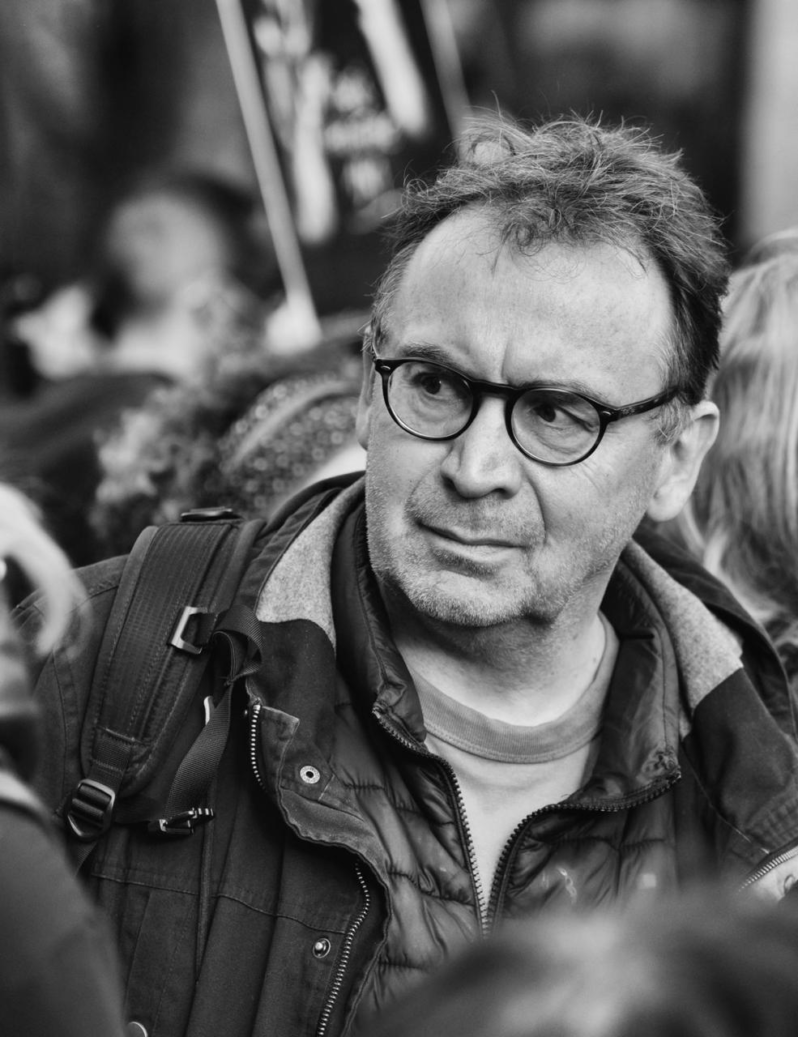Suspending Lebanon’s Supreme Judicial Council: A Primer

In May, the terms of seven of the Supreme Judicial Council’s (SJC) ten members ended. While the appointment of their replacements faces many obstacles, these vacancies threaten the continued operation of the SJC and the functioning of the entire judicial system. In this article, The Legal Agenda answers the most important questions that they raise.
What Is the SJC and What Is Its Role?
The SJC is an administrative authority responsible for appointing judges, managing their careers, and – in particular – ensuring the judiciary’s proper functioning, dignity, and independence and the proper functioning of the courts. Specifically, it approves appointments, drafts personnel charts, and forms the authorities that discipline judges. It also studies judges’ files, examines clemency applications, and provides its opinion on laws related to the judiciary.
Who Makes Up the SJC?
The SJC is composed of ten members:
- Three ex officio members, namely the first president of the Court of Cassation, the cassation public prosecutor, and the president of the Judicial Inspection Authority. All these figures are appointed via a decree that the Council of Ministers issues based on a proposal by the minister of justice.
- Five members appointed via a decree based on a proposal made by the minister of justice and signed by the president of the Republic and the prime minister. This group must include a president of a chamber in the Court of Cassation, two presidents of chambers in the Court of Appeal, a president of a chamber in the Court of First Instance, and a president of a court or unit in the Ministry of Justice.
- Two presidents of chambers in the Court of Cassation elected by all the members of this court.
Is the SJC Independent?
Although the SJC’s primary task is to preserve the judiciary’s independence, the means by which it is formed do not grant it sufficient independence. The political authority, represented by the executive branch, retains the power to appoint eight of its ten members. These appointments occur based on sectarian quotas dictated by the strongest leaders of each sect. Hence, the members generally represent their sects’ leaders more than they represent judges, and the SJC functions as an arm of the political regime within the judiciary even though it is supposed to shield judges from this regime.
Even when it comes to the two elected members, eligibility is restricted to presidents of Court of Cassation chambers, who only occupy these positions at the top of the judicial hierarchy after the political authority has picked them out multiple times via its personnel chart decrees. Furthermore, the right to vote is restricted to Court of Cassation members, who constitute no more than 10% of all judges.
Why Is the SJC Suspended?
On May 23, the terms of seven SJC members, namely the five non-ex officio members appointed by decree and the two elected members, ended. The appointment of their replacements has faced the following obstacles:
- Regarding the two elected members, the Court of Cassation judges found themselves facing a single candidate, namely 4th Chamber President Afif al-Hakim, who subsequently won uncontested. The choice was limited because the number of chamber presidents had fallen from ten to four after six retired and the appointment of their replacements was obstructed by the political dispute over the personnel charts. Moreover, two of the remaining four could not run because they occupied positions in the current council. The third customarily does not run because he belongs to the Sunni sect, which – per the quota – is represented in the SJC by two of the ex officio members (namely the cassation public prosecutor and the president of the Judicial Inspection Authority).
- Regarding the appointment process, on May 24 Minister of Justice Marie-Claude Najm sent a proposal to appoint four SJC members to the Prime Minister’s Office (she was unable to propose the fifth – the president of a Court of Cassation chamber – for the reasons explained above). However, Hassan Diab, the prime minister of the caretaker government, refused to sign the decree, arguing that this action falls outside the caretaker concept. Diab’s stance coincided with an unprecedented media attack on the judges proposed by Najm on the pretext that they belong to a certain political faction. Two of the judges, namely Samer Younes and Dania Dahdah, responded by issuing two separate statements challenging anyone to provide evidence. The Legal Agenda published these statements on its website in solidarity with these judges.
Consequently, after the election of one member from the Court of Cassation, the SJC members now number four, which is fewer than its six-member quorum.
What Are the Effects of the SJC’s Suspension?
The SJC’s suspension due to these vacancies has palpable effects on the proper functioning of the judicial system, including the following:
- It prevents the drafting of personnel charts. Approximately 73 graduates of the Judicial Studies Institute are now receiving salaries even though they have not yet been appointed to judicial departments.
- It blocks all decisions that require SJC approval. Such decisions include the appointment of investigators in cases referred to the Judicial Council and their replacement in the event of any vacancy, including in the port explosion case. This obstruction is tantamount to a sword hanging over all such cases.
- It also blocks all decisions concerning the delegation of judges or unpaid leave of absence and resignation applications.
- It prevents the completion of procedures to discipline judges, especially in the Supreme Disciplinary Authority.
What Is the Solution?
Contrary to the prime minister’s statements, one of the most important caretaker measures is to ensure the continued operation of public services, including the judicial system. Hence, signing a decree appointing SJC members certainly falls within the caretaker government’s functions.
However, this signature is merely a band-aid solution to ensure the continued operation of the judicial system. A proper solution necessarily involves passing a new law containing guarantees of judicial independence. In particular, the SJC’s composition must be brought in line with the international standards for ensuring the independence of such councils, the most important of which requires that at least the majority of their members be elected by the judges themselves.
This article is an edited translation from Arabic.



